When I saw that Netflix had released a reboot of “Queer Eye,” I was ecstatic. The original show, in which five gay men of singular talent (design, food, grooming, culture, and fashion, respectively) make over the looks, dwelling, and life of a straight man, provided hours of entertainment for my sister, my mother, and I. Back then, their goal was to gain tolerance for the LGBT community through a feast of the senses; instead, they were part of the cultural revolution that brought the gay scene to the mainstream.
I was lucky; I didn’t need to be wooed into tolerance for the LGBT community, because my mother had instilled it in us from the get-go. One of Mom’s best friends was a gentle southerner named Prentice “Mitch” Mitchell III, who kept her secrets and made her laugh like no one else could. Like everyone she loved, Mitch became a beloved fixture in our family, and we grieved his death from AIDS in 1995. Mitch’s sexuality was never treated as anything but what it was: just one facet of a special, loving individual. It was nothing to fear or despise, just as you wouldn’t hate someone for the shape of their eyes. I am grateful for that lesson, because otherwise it might have cost me some wonderful friends – as well as my expertise as a makeup artist, which I gained by putting their faces on for drag shows.
I fell in love with Queer Eye’s “Fab 5” in 2003, so I was thrilled to meet the new cast of the 2018 revival. I wasn’t disappointed: all of them were charming and hilarious, and two were so stunning I kind of wished they were straight (I’m looking at you, Kamaro and Antoni). Naturally, I binged all eight episodes over three days, and once again felt the deep soul pleasure of watching order restored to chaos, and the most unlikely palettes get all prettied up. It was a delight, and I can’t wait for the next season. (YOU HEAR ME, NETFLIX?!?)
What set this version of “Queer Eye” apart from the original was the focus on transforming both the outside and the inside, teaching men about confidence, self-care, and pride in one’s accomplishments – and acceptance of each other in the world at large. It was touching to see one depressive man who had become a hermit in his dog-hair infested apartment start smiling again, looking people in the eye, and inviting friends and family into his home. There was important dialogue between Kamaro, an African-American member of the Fab 5, and a police officer about the tension between their two communities, and another conversation about homosexuality and the Christian church.
This one in particular struck me hard. When I watched “Queer Eye” back in 2003, there was no baggage for me when it came to homosexuality; I had been taught to love everyone, so I just appreciated the “Fab 5” for who they were.
As an Orthodox Jew, however, viewing the reboot in 2018 was another story.
In general, I don’t write much about being Orthodox for two reasons. A) I have no interest in positioning myself as a “face” for Orthodox Judaism because B) I’m something of an outlier. There are parts of my religion and heritage that I love, and I live by them as best I can. But there are other parts that I could do without, which I bristle against or ignore completely. That might not work for everyone – and there are plenty who would say that I’m doing it “wrong” – but it works for me.
It wasn’t always this way. When I first got hooked on Orthodoxy – “Frummed Out,” they call it – I wanted to do it all perfectly, to follow every law to the letter, to present myself as the embodiment of a deeply pious, spiritual Jewish woman. I dressed and talked the part. I gobbled up as many books as I could. Even when something didn’t sit right with me, I pushed the thought aside; sometimes, spiritual growth requires humility, and my secular mindset needed to change.
And then, one night, I was watching an online class with my husband given by a well-known rabbi. It was the week when we read the Torah Portion of Noah, who built his Ark to survive the flood. It was also the week when gay marriage was legalized in the state of New York and a massive hurricane hit the city, destroying thousands of dollars in property. The rabbi made a parallel between the time of Noah and the present, saying that the reason God sent the flood was because even the Earth itself had been poisoned by sin and needed to be cleansed, just as the world today did.
And what this horrific sin that had so irreparably destroyed the world?
Homosexuality.
“Now, I want you to understand that I am not a homophobe,” the rabbi insisted. “I have nothing against gay people. I don’t hate them; GOD hates them!”
My husband sat up. “What did he say?”
Honestly, the words had flown over my head. Maybe I was distracted. Or maybe I was trying to force myself to believe them.
“Play it again,” my husband insisted.
I rewound the video and we listened to him say those words again. This time, I heard them, and the impact was intense enough to wake me out of my self-induced hypnosis.
Husband, infuriated, called the director of the site, who is a friend of ours, and insisted the video be taken down. It was done within an hour.
This rabbi’s choice of words was horrific, but it does not represent the Jewish view. Our tradition holds that God abhors our poor choices, but loves every one of his creations. However, just like many very religious communities, that doesn’t translate into full acceptance in the Orthodox world. Generally, there is still a stigma around homosexuality. Many families would rather cut off ties with their loved ones than have them live a gay life. Other families stand by their children, only to be socially outcast. Some Orthodox people suffer in silence, knowing they are gay but terrified to admit it, suffering emotionally and spiritually. Some gay people marry people of the opposite sex and have children, never truly living honestly. Others leave the fold entirely, sacrificing their community and tradition. On paper, LGBT people aren’t officially turned away from our communities, but the lack of acceptance makes it hard to truly be a part of them.
That’s why my heart hurt when I watched the 2018 “Queer Eye.” Because their message of the universal need for love and acceptance hasn’t yet reached everywhere it needs to. We are still selective about who deserves love and acceptance. We are still selective about which “sins” are socially acceptable and which aren’t. We still haven’t learned that God doesn’t play favorites, because we still insist on doing it on Her behalf.
To the cast and producers of both “Queer Eye”s, I thank you. You are spreading a powerful, timely message to the world – and you have given me a great idea for the backsplash in my new kitchen.
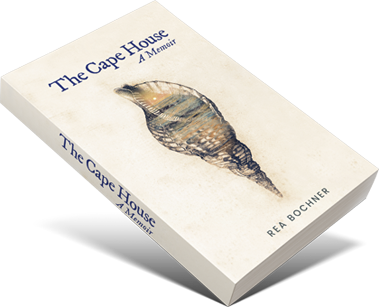

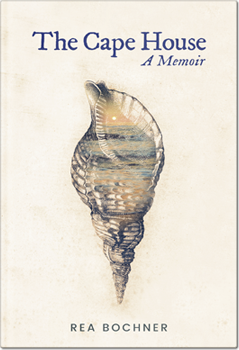

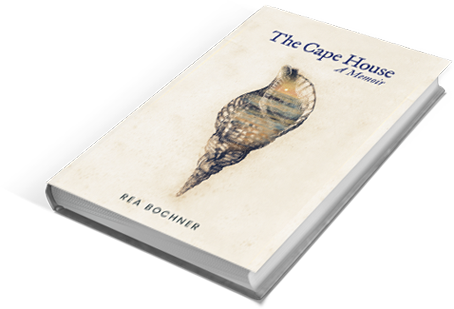

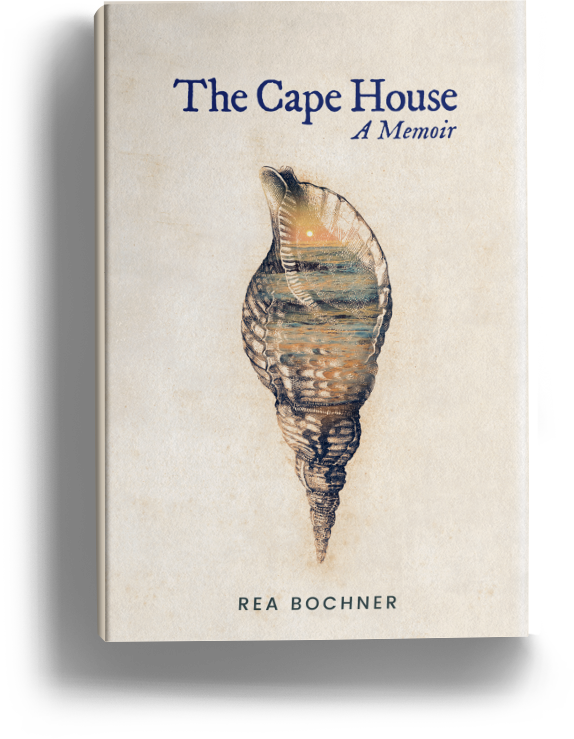


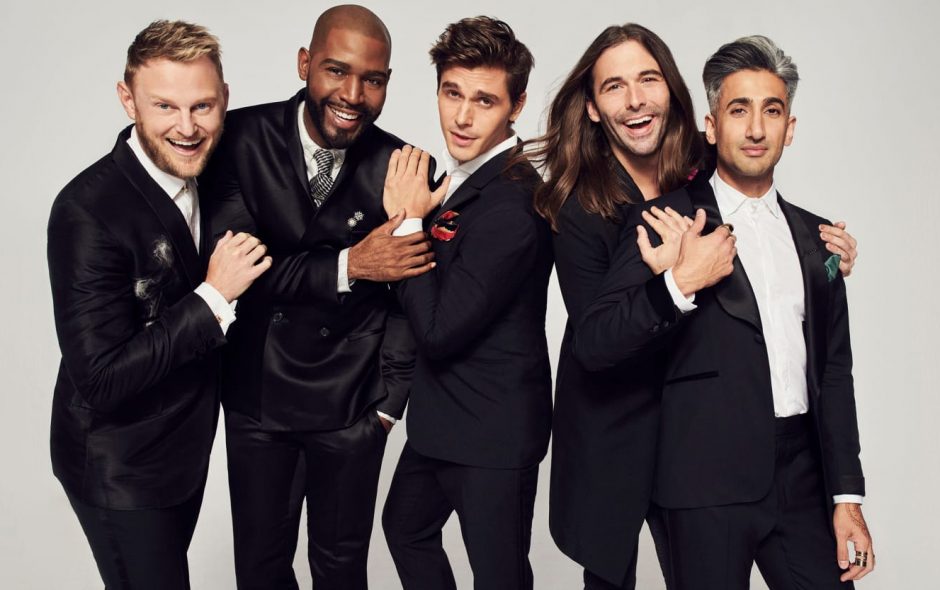
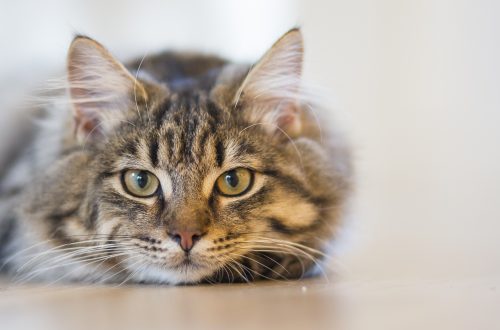
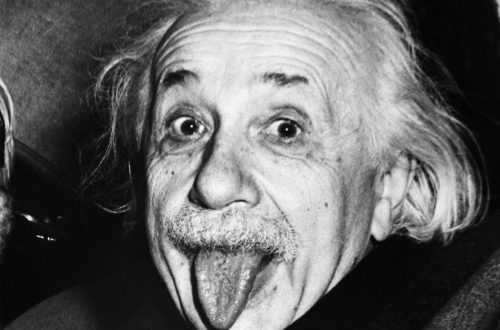

Amy says:
Brilliant!